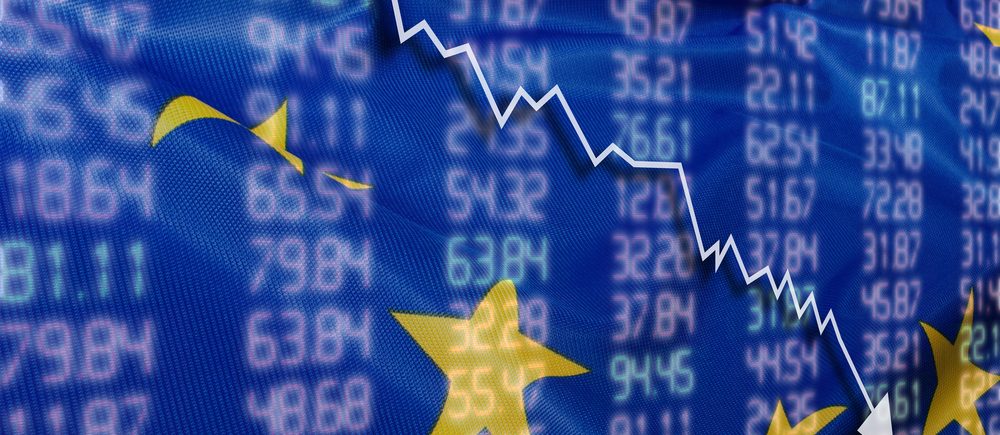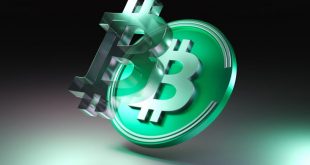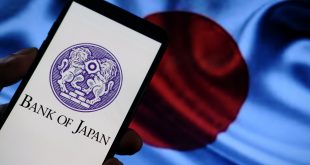Some observers have described the ECB’s latest policy decision as “kamikaze” and said it would lead the Eurozone to a prolonged recession.
Europe’s central bank decided to raise interest rates in the Eurozone, and this is likely to lead to a collapse of the Euro and to a severe economic crisis in Italy according to some analysts.
Earlier in December, the ECB announced it would be raising three key interest rates by 50 basis points from December 21.
The standard interest rate has risen from 2 to 2.5 percent, while banks borrowing money from the ECB will now be faced with a charge of 2.75 percent. The ECB governor justified the hikes as necessary in order to bring inflation under control.
The EU has an inflation rate of just over 10 percent, caused in large part by higher energy and food prices. The priority of the bank was to return inflation sustainably towards its 2 percent target.
However, the move has been heavily criticized by some of the leading financial institutions in the West, who are predicting a severe run on the Euro. JP Morgan, ING, Capital Economics and Barclays all believe the single currency will drop below parity against the US dollar within months. A 10 percent fall in the Euro is even, pulling it down to a 20-year low of $0.95. One euro is currently worth $1.05.
Italy’s deputy prime minister, Matteo Salvini , has described the ECB’s move as “unbelievable”, as tensions between Rome and Brussels grow. In 2011, the country was sucked into a sovereign debt crisis that sent its borrowing costs surging to dangerous levels and almost destroyed the Eurozone, this could explain why it is looked upon as kamikaze.
The ECB governor robustly defended the decision to hike rates during a speech at the Institute of International and European Affairs earlier in December. He argued the rate rises were a temporary measure and were vital to help keep inflation under control. The banker also hinted that rates could continue to go up for the foreseeable future.

Europe
 Noor Trends News, Technical Analysis, Educational Tools and Recommendations
Noor Trends News, Technical Analysis, Educational Tools and Recommendations




